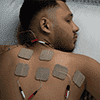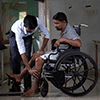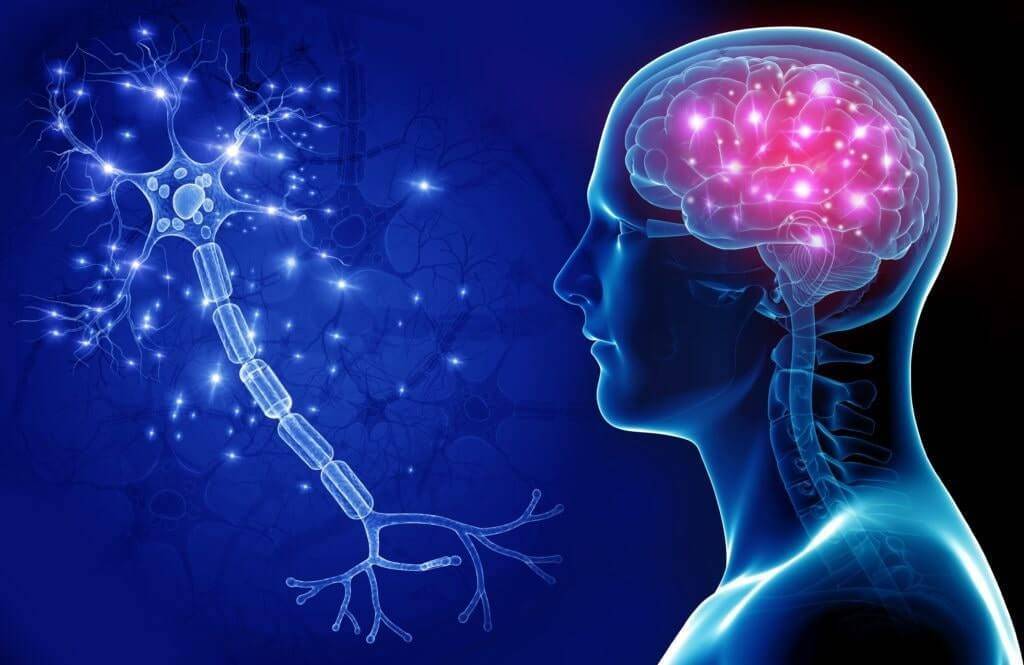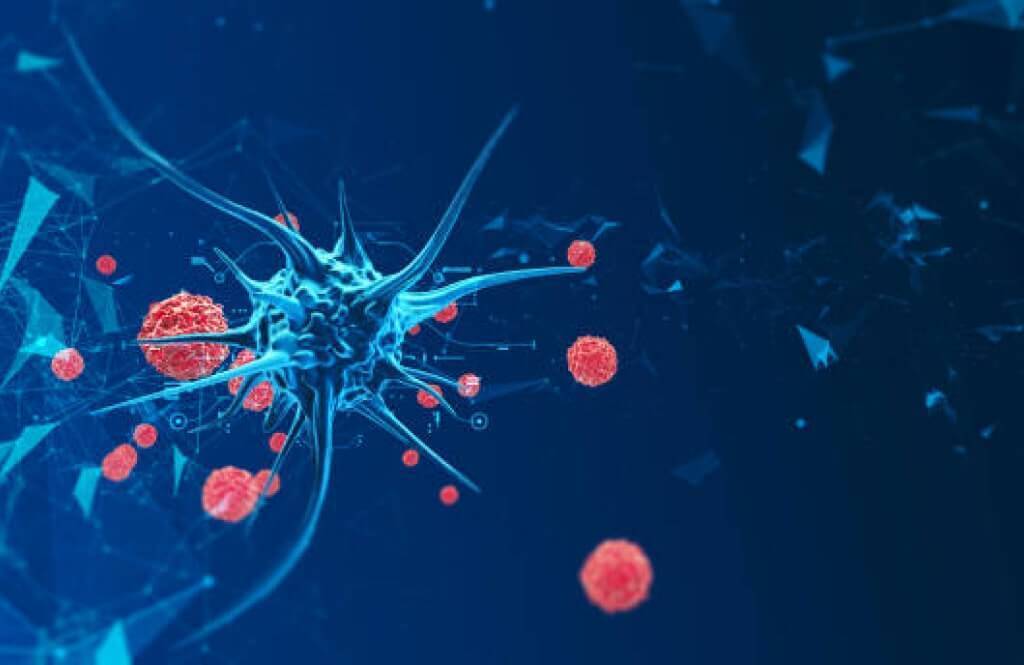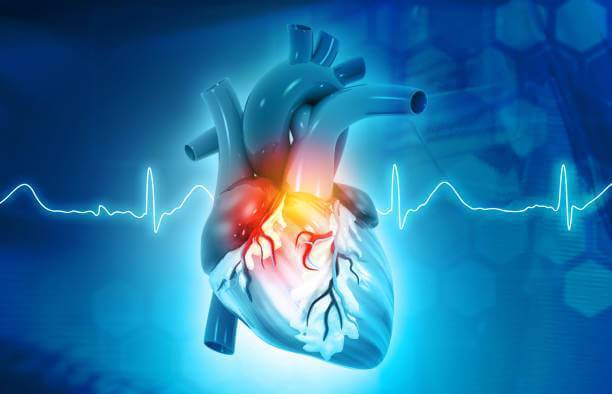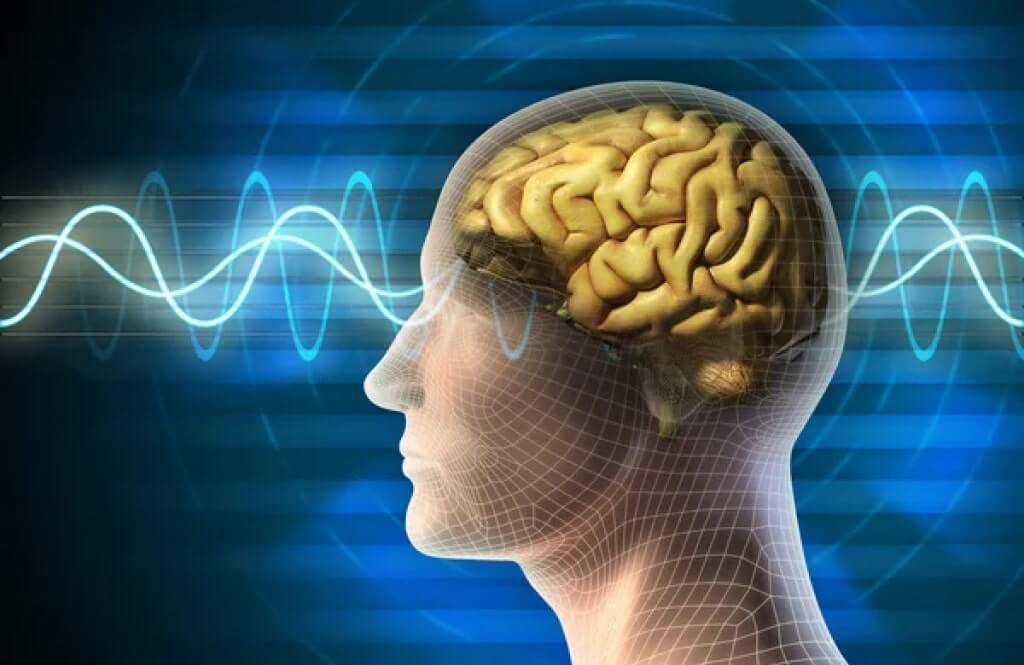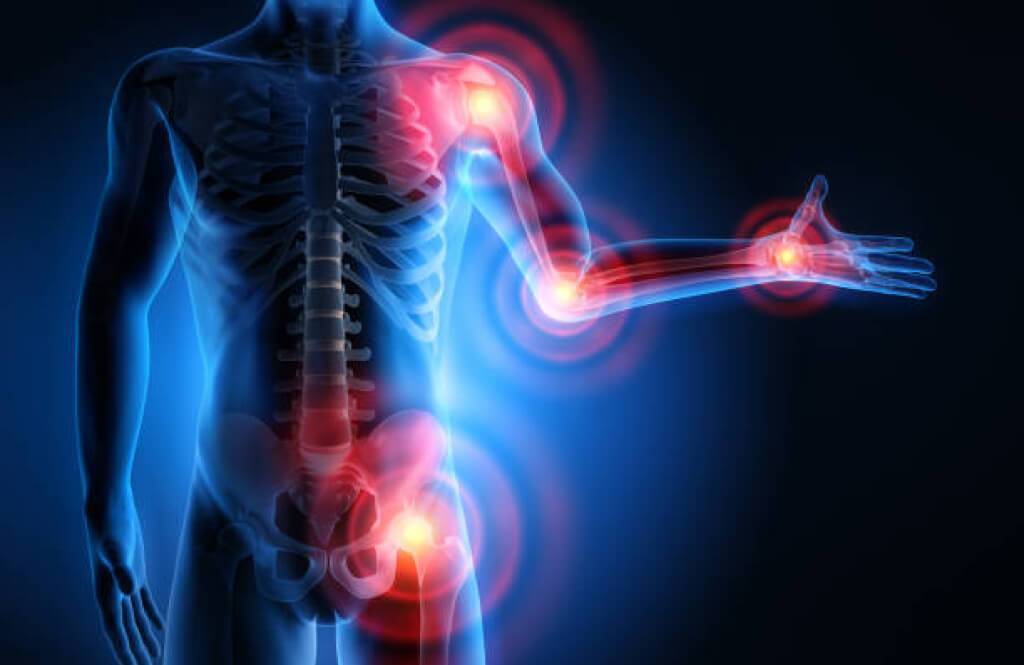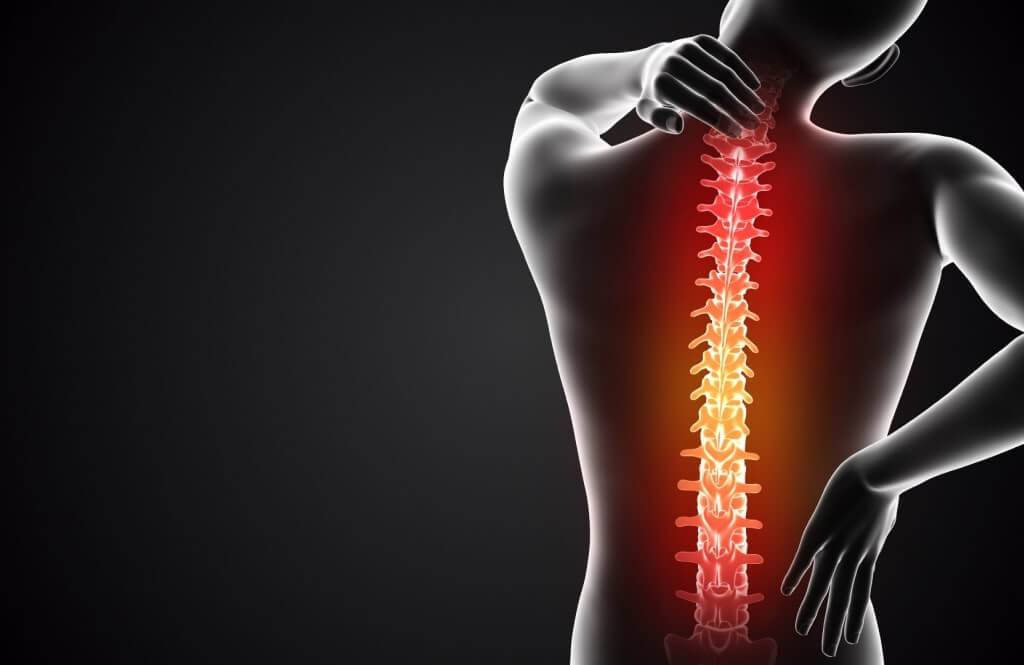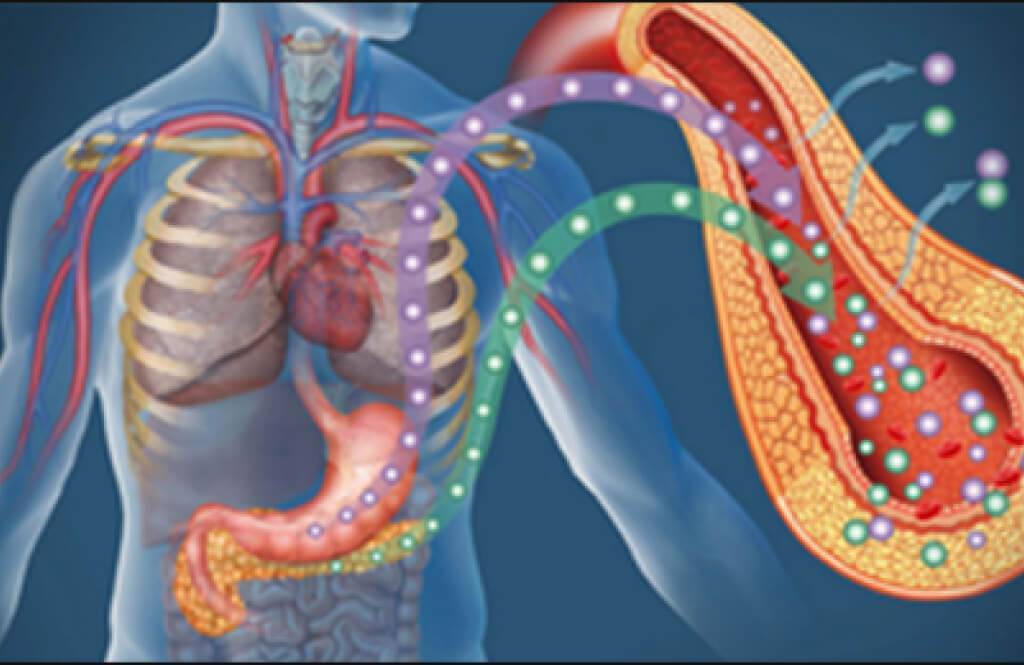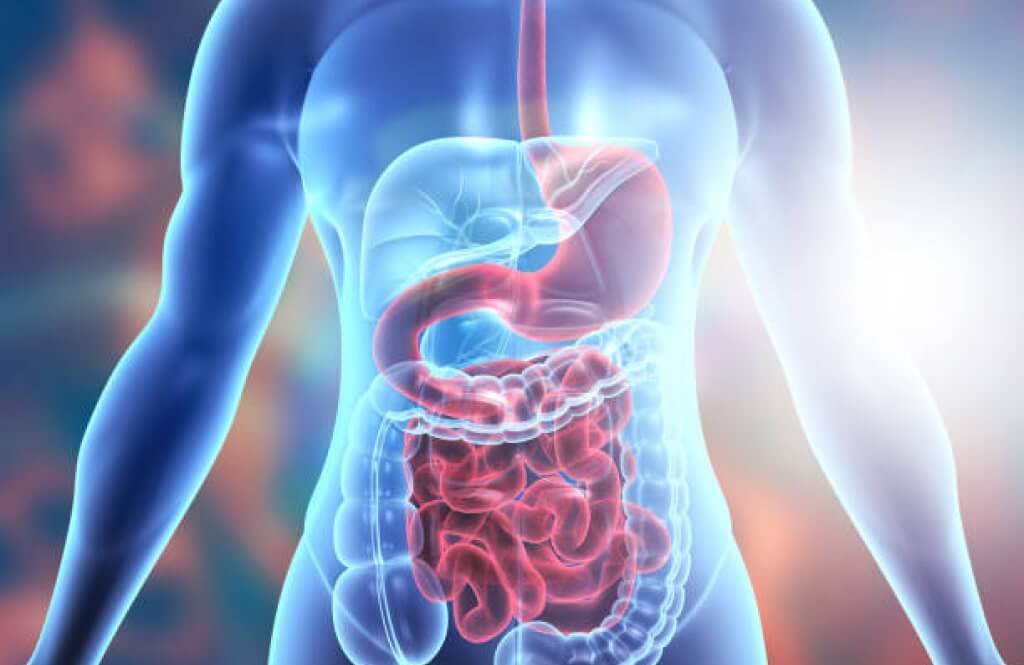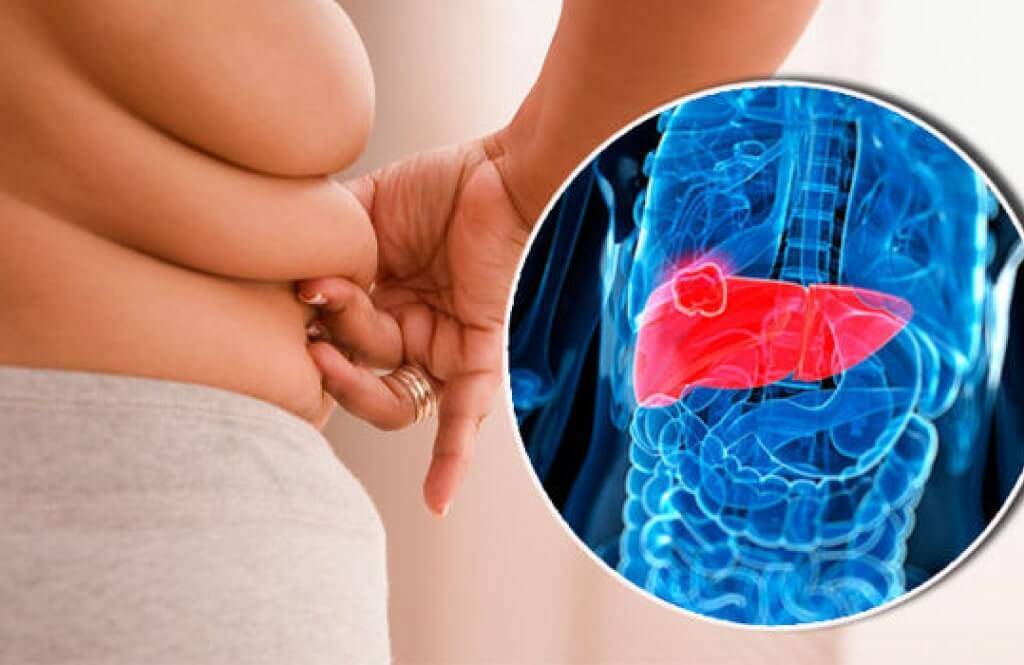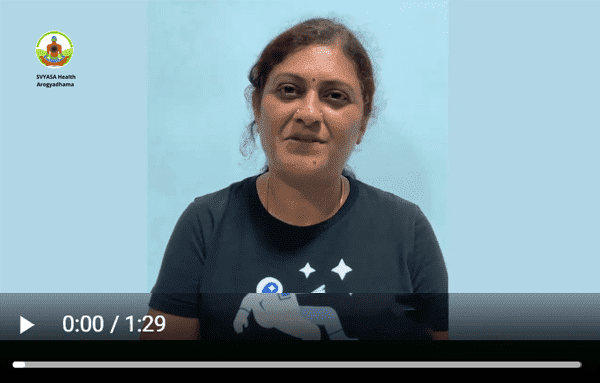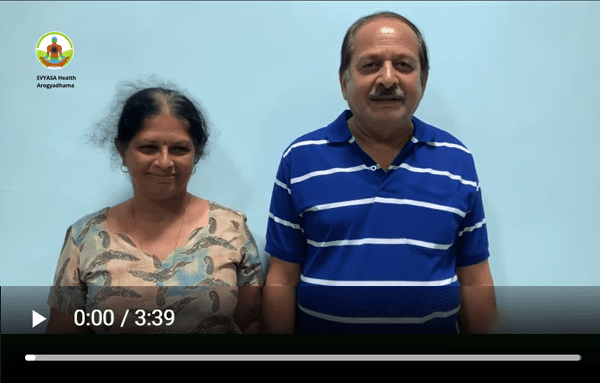![]()
-
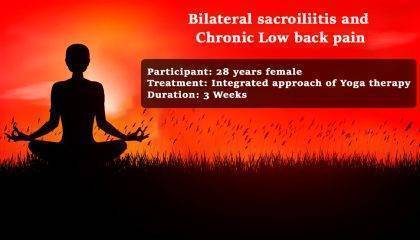 Read more +
October 14, 2022 By admin in blogs, CASE STUDIES
Read more +
October 14, 2022 By admin in blogs, CASE STUDIES
Case Study Of Back Pain
-
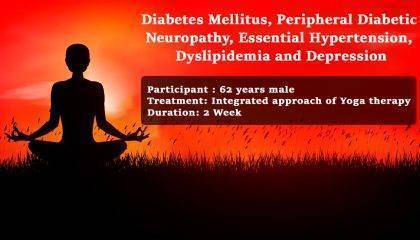 Read more +
By admin in blogs, CASE STUDIES
Read more +
By admin in blogs, CASE STUDIES
Diabetes Mellitus with Peripheral Diabetic Neuropathy
-
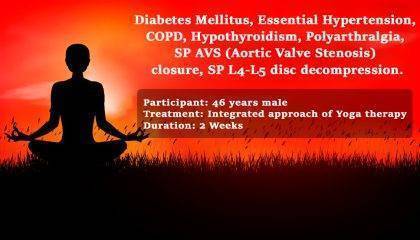 Read more +
By admin in blogs, CASE STUDIES
Read more +
By admin in blogs, CASE STUDIES
Case Study Of Diabetes Mellitus
2016 Padma Shri to Dr. H R Nagendra, Head of the Institution
Inaugural Cereminy of 21St INCOFYRA in prashanti
2017 Sri Sri Ravishankar Guruji in Anvesana Research Laboratories
Jagatguru Swami Amrut Suryananda Ji Maharaj of Portugal
Felicitation to Dr.Mahesh Sharma Union Minister
Didi Janki , Spiritual Hed of Brahma Kumaris at Arogyadhama
882nd Birth Anniversary Celebration of Basaveshwara in London
2015 Rajasthan chief minister, Ms. Vasundhara Raje
2015 Himachal Pradesh chief minister, Shri Virbhadra Singh
2015 Haryana Chief minister, Shri Manohar Lal Khattar
2015 Global peace Award to Dr. H R Nagendra by World peace council
2015 Colonel Rajyavardhan Singh Rathore, Union Sports Minister
2014 Union AYUSH Minister, Shri Shripad Yesso Naik
2014 Ms. Tulsi Gabbard, US Representative, in prashanti
2014 Inaguration of Anvesana by Dr. Harsh Vardhan Ji, Union Minister
2014 Felicitation to Sarsanghchalak of RSS, Shri Mohanji Bhagwat
2013 Delhi Chief minister, Ms. Sheila Dixit at Arogyadhama
Dr. BKS Iyengar Shri D V Sadanand Gowda chief minister of Karnataka
2007 Inauguration of Tyaga Men_s Hostel by Shri B S Yeddyurappa ji
arogyadhama boards 3ft 2ft low resolution 27 at Arogyadhama
2019 Kannada Rajyotsava Award to Dr R Nagarathna
2019 Hon ble President of India, Shri Ram Nath Kovind in Prashanti
2017 Sri Sri Ravishankar Guruji in Anvesana Research Laboratories
2017 Sri Shri Ravishankar Guruji during Shanti Yoga Peetharahanam
2017 Shri Ratan Tata in Mumbai with PADMASHRI. DR. H R NAGENDRA
2017 Karnataka chief minister, Shri Siddaramaiah
2017 Kalayoga Peetharohanam of Dr. sonal Mansingh
2017 Felicitation to Shri Bhaiyyaji, Sarkaryvaaha, RSS
2017 Dr. K Kasturirangan, Former Chairman of ISRO
2017 Guru Gaurava Samarpanam Pujya Baba Ramdevji
2016 Shri K E Ramesh Kumar, Health _ Family Welfare Minister, GoK
2016 Sadguru jaggi Vasudev during 21st INCOFYRA
Neurology
![]()
Neurology Introduction
The department of neurology treats people with epilepsy, movement disorders, dementias, stroke, brain tumors, multiple sclerosis, headache, neuromuscular diseases, paralysis, nerve pain, sleep disorders, speech disorders and many other conditions. This department also aids the rehabilitation for improving quality of life.
ONCOLOGY
![]()
Oncology Introduction
The department of oncology deals with cancer, and the chemo-radiotherapy induced side effects in cancer patients. The ultimate goal is to understand and modify the lifestyles, and individual risk profiles that can facilitate population based and individually targeted prevention approaches.
CARDIOLOGY
![]()
Cardiology Introduction
This department deals with the cases of Cardiac disorders like Hypertension, CAD etc. These cardiac problems, which are the diseases of affluent society, are posing great challenges to the medical world. Patients who have either undergone surgery or who are advised surgery for Cardiac complaints also come for rehabilitation.
PULMONOLOGY
![]()
Pulmonology Introduction
This department deals with the cases of Asthma, Chronic obstructive pulmonary disease (COPD), anxiety, chronic allergic cold, Bronchial asthma, Nasal allergy, sneezing, running nose (rhinorrhoea) and blocked or stuffy nose, Bronchitis, Sinusitis etc. Integrated approach of yoga therapy is universally recognized by most asthma care givers as an acceptable component of management without any apprehensions
PSYCHIATRY
![]()
Psychiatry Introduction
It is a common experience of human beings that their minds and bodies are closely interlinked. Any disturbance in either of them is bound to affect the other. Mental worries do lead to physiological problems and bodily discomfort does impact the mind. Yoga and Ayurveda, the ancient Indian sciences recognized this symbiotic relationship of body and mind long ago and postulated the concepts of Adhi and Vyadhi
RHEUMATOLOGY
![]()
Rheumatology Introduction
The section of Rheumatology deals with patients having disorders such as osteoarthritis, rheumatoid arthritis, gouty arthritis Arthritis is a joint disorder, which is characterized by the pain and the swelling of the joints. Yoga also improves walking capacity and helps combat depression in patients with arthritis
SPINAL DISORDERS
![]()
Spinal Disorder Introduction
The purpose of the department “Spinal Disorder” is to use the efficacy of yoga therapy on pain-related outcomes, usage of yoga and its applications to treat disabilities due to pain and spinal flexibility, and improvement in the quality of life in patients with CLBP in a short-term comprehensive intensive residential setup which would facilitate
DIABETES AND METABOLIC DISORDERS
![]()
Metabolic disorder Introduction
The epidemic, type 1 diabetes mellitus (T2DM), attracts much attention by its high morbidity and mortality directly from disease or by its associated complications. Dynamic interaction between pancreatic insulin secretion and cellular Insulin resistance (IR) are essential for maintenance of blood glucose homeostasis Yoga’s has shown beneficial effect on the insulin kinetics which may attributed to an improved sensitivity of the target tissues thereby decreasing IR and consequently
GASTEROENTEROLOGY
![]()
Gastroenterology Introduction
This department provides integrative care for patients ailing fromgastrointestinal disorders and genitourinary pathologies. The major objective of this department is rooted in the concept of gut health which is the prime cause of the majority of systemic and metabolic disorders.
ENDOCRINOLOGY
![]()
Endocrinology Introduction
Patients from this department are treated with integrative therapies like Yoga therapy, Naturopathy and Ayurveda. The root cause of endocrinological disorders these days is lifestyle. We focus on modifying their physical activity, dietary pattern, mind set and habits. Yoga therapy remains the primary line of treatment and other therapies are to enhance the healing process in an individual.
PROMOTION OF POSITIVE HEALTH
![]()
Promotion of positive health (PPH)
Arogyadhama with scientific research as its base has used many of the yoga techniques for promotion of positive health in several areas. Positive physical health in the form of improved muscle strength, stamina, dexterity, immune stability have been achieved after the integrated approach of yoga for positive physical health.






